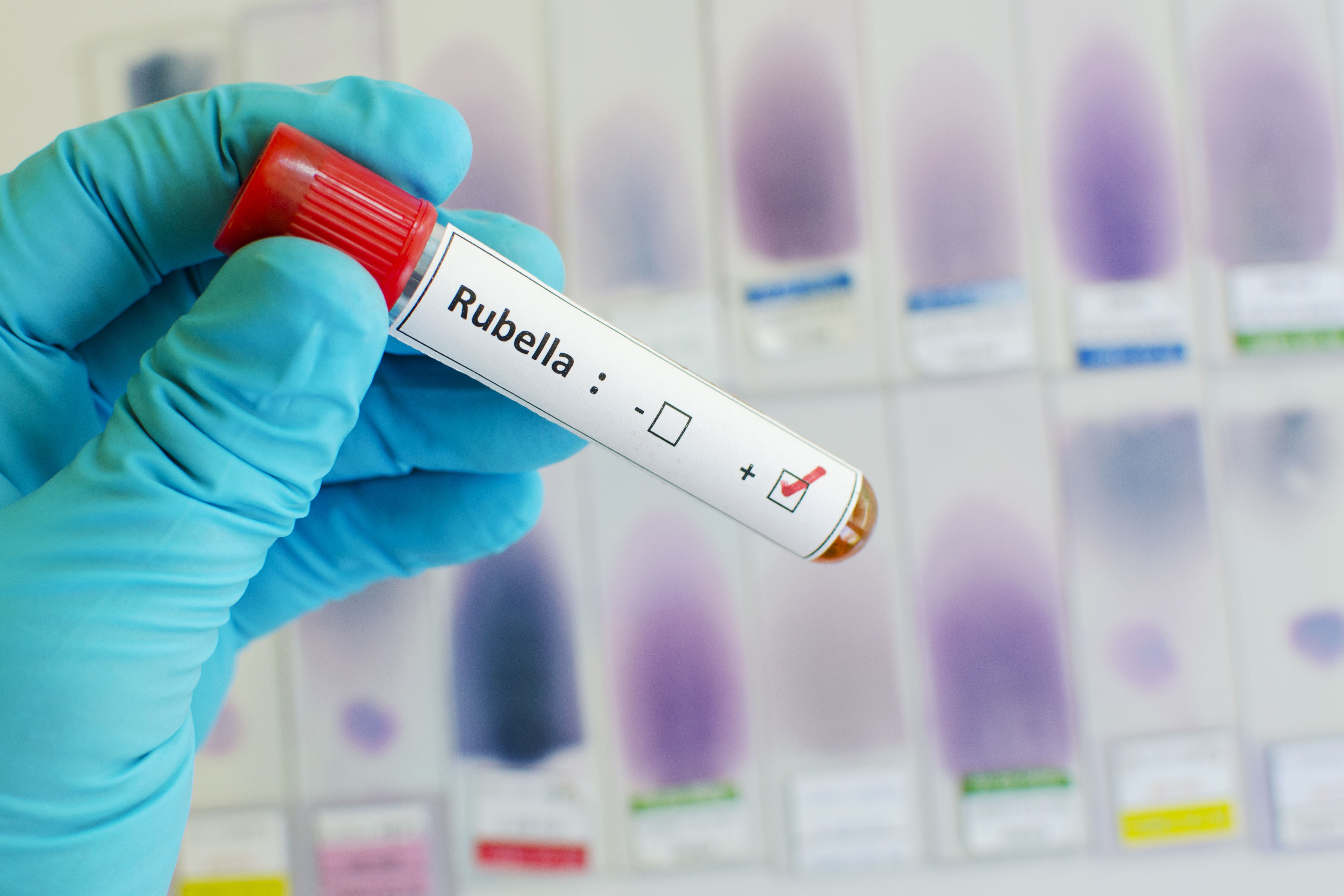Expanded Rubella syndrome is a harmful viral disease that usually affects children and young adults around the world. Even though it can only cause a mild clinical illness, it’s importance to public health is due to the potential of the virus to develop into congenital rubella syndrome (CRS).
Congenital rubella syndrome (CSR) is a type of disease that affects infants as a result of infection during the pregnancy period. If a pregnant woman acquires the rubella virus during early pregnancy, there is a huge chance that it will be passed to the fetus and might result to infection and miscarriage. Pregnant women who experience symptoms of expanded rubella syndrome must immediately seek the help of their physician to prevent further damage. If rubella virus is not prevented immediately, babies who were born with it might have severe birth defects.
There is a high risk of congenital infection and defects during the first trimester period of pregnancy and it decreases thereafter. Infection in the 20th week or later has a rare chance of developing defects. Infants born with CSR usually have cataracts, hearing problems, congenital heart disease, and developmental delays.


